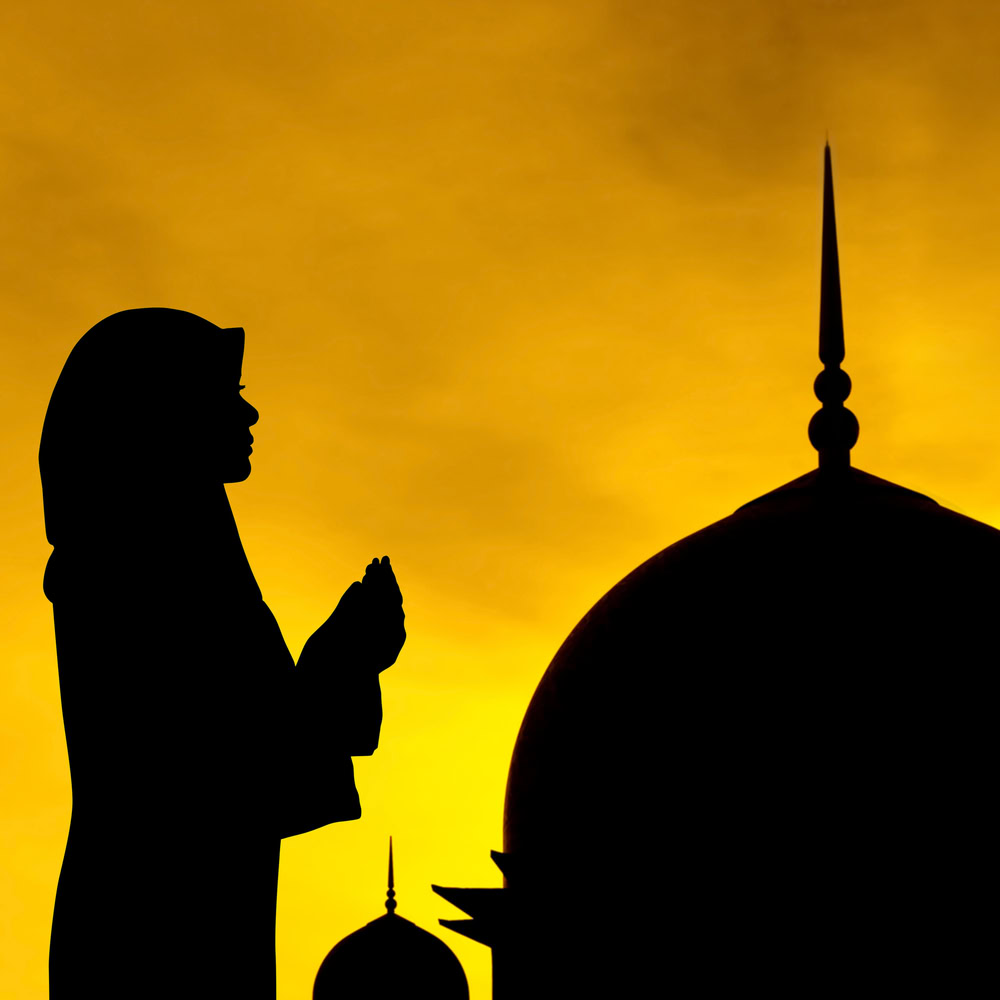Should Pregnant Mothers Make Up for Missed Fasts & Pay Fidya? – Shaykh Irshaad Sedick
Shafi'i Fiqh
Answered by Shaykh Irshaad Sedick
Question
Do pregnant women need to make up for missed fasting days even if they have already paid the Fidya?
Answer
In the Name of Allah, the Most Merciful and Compassionate. May Allah alleviate our difficulties and guide us to what pleases Him. Amin.
Yes, pregnant women who miss fasting days due to fear of harm to themselves or their unborn child are required to make up each missed day of fasting at a later time, in addition to any Fidya (charity) they may have given (if the fasting is omitted solely out of fear for the child’s well-being). [Nawawi, Minhaj al-Talibin]
Making Up Missed Fasts
Allah (Most High) states, “Fast a prescribed number of days. But whoever of you is ill or on a journey, then let them fast an equal number of days after Ramadan. For those who can only fast with extreme difficulty, compensation can be made by feeding a needy person for every day not fasted. But whoever volunteers to give more, it is better for them. And to fast is better for you, if only you knew.” [2: 184]
He (Most High) also says, “…So whoever is present this month, let them fast. But whoever is ill or on a journey, then let them fast an equal number of days after Ramadan. Allah intends ease for you, not hardship, so that you may complete the prescribed period and proclaim the greatness of Allah for guiding you, and perhaps you will be grateful.” [2: 185]
These Qur’anic verses indicate that the default for a morally responsible individual who witnesses the month of Ramadan is the obligation to fast.
However, due to the weak nature of human beings, Allah (Most High), in His infinite wisdom and mercy, has allowed specific individuals to fast on alternative days due to particular excuses that would render fasting difficult. These excuses include (a) undertaking a legal journey and (b) sickness.
Thus, fasting on these “alternative days” is obligatory. In addition to the Quranic verses, there is scholarly consensus that anyone who misses any obligatory fast must make it up if they can. [Shurunbulali, Imdad al-Fattah; Zayla‘i, Tabiyin al-Haqa’iq; Haytami, Tuhfat al-Muhtaj; Ibn Qudama, al-Mughni]
Fearing Their Personal Well-Being
If a pregnant woman or a breastfeeding mother omits fasting out of concern for their health or the health of their child, they are allowed to do so but are obligated to compensate for each missed day. Compensation includes making up the fast later when they can do so without risk to their or their child’s health. [Nawawi, Minhaj al-Talibin]
Fearing for Their Child Only
Suppose the fasting is omitted solely out of fear for the child’s well-being (and not the mother’s). Besides making up the missed fasts, the woman must also give 750 millilitres [500 millilitres according to others] of food to charity for each missed day. Giving charity, known as ‘fidya’, is an expiation for not fasting.
Therefore, paying fidya does not absolve one of the duty to make up the missed fasts. The requirement to make up each missed fast remains, ensuring that the spiritual obligation of fasting is fulfilled while also taking into account the health and safety of the mother and child. [Shirbini, Mughni al-Muhtaj]
Compassion in Sacred Law
It’s important to note that these guidelines aim to balance religious obligations with compassion and consideration for individual circumstances, emphasising the importance of health and well-being in Islamic jurisprudence.
In line with the consideration for health and well-being, people who owe missed fasts should do so according to their ability and without causing harm to themselves, and Allah knows best.
I pray this is of benefit and that Allah guides us all.
[Shaykh] Irshaad Sedick
Checked and Approved by Shaykh Faraz Rabbani
Shaykh Irshaad Sedick was raised in South Africa in a traditional Muslim family. He graduated from Dar al-Ulum al-Arabiyyah al-Islamiyyah in Strand, Western Cape, under the guidance of the late world-renowned scholar, Shaykh Taha Karaan.
Shaykh Irshaad received Ijaza from many luminaries of the Islamic world, including Shaykh Taha Karaan, Mawlana Yusuf Karaan, and Mawlana Abdul Hafeez Makki, among others.
He is the author of the text “The Musnad of Ahmad ibn Hanbal: A Hujjah or not?” He has served as the Director of the Discover Islam Centre and Al Jeem Foundation. For the last five years till present, he has served as the Khatib of Masjid Ar-Rashideen, Mowbray, Cape Town.
Shaykh Irshaad has thirteen years of teaching experience at some of the leading Islamic institutes in Cape Town). He is currently building an Islamic online learning and media platform called ‘Isnad Academy’ and pursuing his Master’s degree in the study of Islam at the University of Johannesburg. He has a keen interest in healthy living and fitness.
